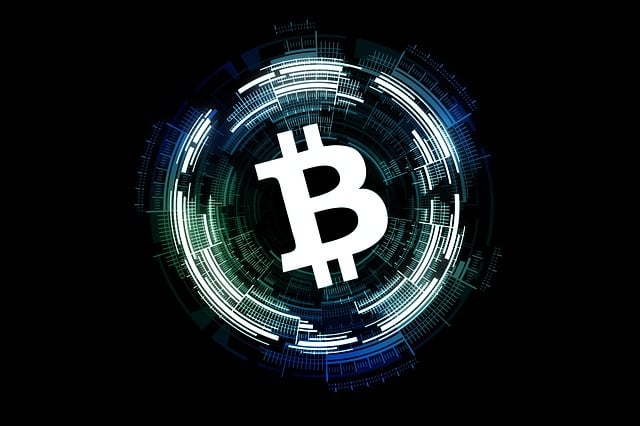Crypto trading platforms face heightened cyber risks due to their valuable assets and decentralized nature. To combat this, exchanges must prioritize security with robust measures like multi-factor authentication (MFA), cold wallet storage, and regular security audits. MFA, in particular, adds an extra layer of protection against phishing and DDoS attacks, ensuring only legitimate users can access funds. Regular security audits by independent experts identify vulnerabilities before malicious actors can exploit them, while educational resources empower traders with knowledge to spot and avoid scams, fostering a safer crypto trading environment.
- Understanding Crypto Exchange Security Threats
- Multi-Factor Authentication (MFA): A Basic Yet Powerful Defense
- Secure Storage: Safeguarding Your Digital Assets
- Encryption: The Unseen Shield Protecting Data
- Regular Audits and Penetration Testing: Proactive Security Measures
- User Education: Empowering Traders for Enhanced Security
Understanding Crypto Exchange Security Threats
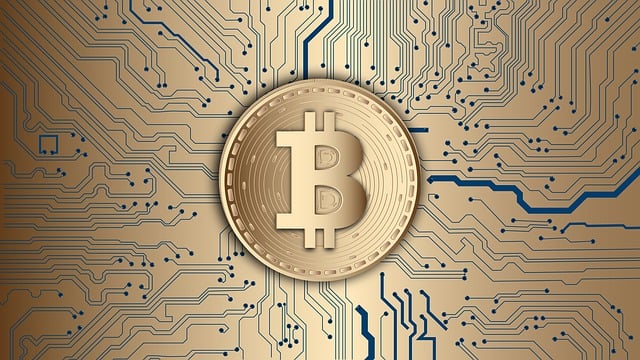
Crypto trading platforms have become a prime target for hackers and cybercriminals due to their high-value assets and decentralized nature. Understanding the various security threats is an essential first step in safeguarding user funds and sensitive data. One of the primary concerns is phishing attacks, where malicious actors impersonate legitimate crypto exchanges to trick users into revealing private keys or login credentials. Such attacks can lead to significant financial losses as they provide unauthorized access to digital wallets.
Additionally, given the distributed structure of blockchain technology, crypto exchanges are vulnerable to Distributed Denial-of-Service (DDoS) attacks aimed at disrupting trading activities and causing network chaos. Moreover, the decentralized nature also makes it challenging to implement centralized security measures. Exchanges must employ robust authentication protocols, secure data storage practices, and regular security audits to mitigate these threats effectively and ensure a safe trading environment for their users.
Multi-Factor Authentication (MFA): A Basic Yet Powerful Defense

Multi-Factor Authentication (MFA) serves as a robust and simple defense mechanism for crypto trading platforms. By requiring users to provide two or more forms of identification, MFA significantly enhances security, making it a cornerstone of many platform’s safety protocols. This additional layer protects against unauthorized access, even if a user’s password is compromised.
In the world of crypto trading, where transactions are often irreversible and funds are highly valuable, MFA acts as a crucial barrier against hacking attempts and phishing scams. It ensures that only legitimate users with correct, unique combinations of credentials can access their accounts, thus safeguarding their digital assets.
Secure Storage: Safeguarding Your Digital Assets

In the realm of crypto trading platforms, secure storage is paramount. Digital assets, unlike physical currency, exist solely in the digital landscape, making them vulnerable to cyber threats and unauthorized access. Reputable cryptocurrency exchanges implement robust security measures like cold wallet storage, where cryptographic keys are held offline, away from potential online hacks. This ensures that even if a platform’s servers are compromised, the private keys remain secure, safeguarding users’ funds from theft or loss.
Moreover, encryption plays a crucial role in enhancing security. Exchanges utilize advanced encryption protocols to protect user data and transactions. When combined with multi-factor authentication (MFA), this adds an extra layer of defense against unauthorized access. Users can rest assured that their digital assets are shielded, even as the popularity and adoption of cryptocurrencies continue to grow in today’s digital era.
Encryption: The Unseen Shield Protecting Data
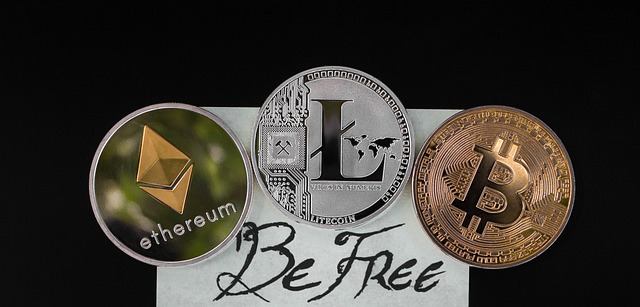
Regular Audits and Penetration Testing: Proactive Security Measures
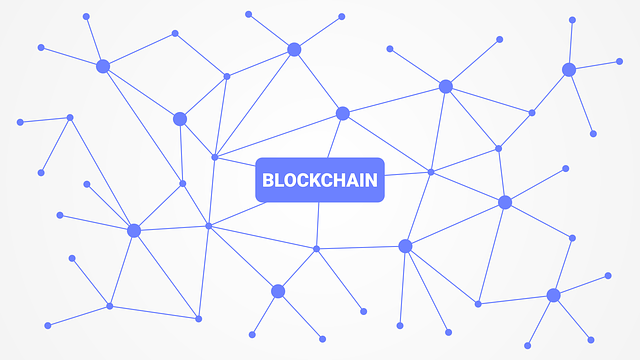
Regular security audits and penetration testing are essential proactive measures for crypto trading platforms. These rigorous processes involve independent experts thoroughly examining the platform’s security protocols, infrastructure, and potential vulnerabilities. By simulating real-world attack scenarios, they help identify weaknesses before malicious actors can exploit them.
Penetration testing, in particular, plays a crucial role in enhancing the overall security posture of crypto exchanges. It not only uncovers security gaps but also provides actionable recommendations for improvement. Regular audits ensure that the platform remains fortified against emerging threats, thereby protecting user funds and sensitive data.
User Education: Empowering Traders for Enhanced Security
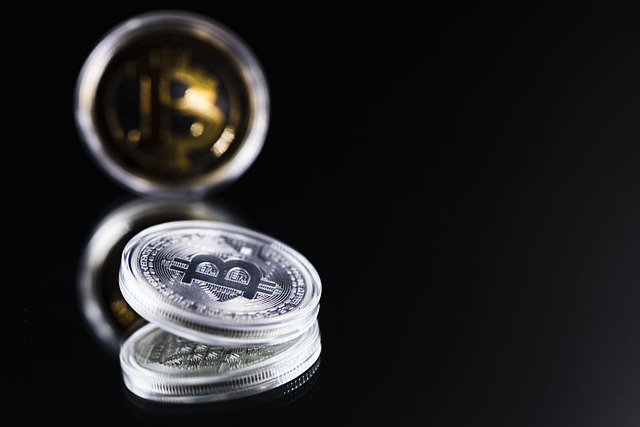
Empowering traders with knowledge is a powerful tool in the fight for cryptocurrency exchange security. Many crypto trading platforms offer educational resources to help users understand potential risks and threats, such as phishing scams, malware, and fraudulent activities. By educating traders on best practices, these platforms encourage robust security measures like using strong passwords, enabling two-factor authentication (2FA), and staying vigilant against suspicious emails or links.
This proactive approach equips individuals with the skills to navigate the digital landscape safely. Users become more attuned to potential red flags, allowing them to quickly identify and report any unusual activity on their accounts. Such user education is a key component in building a resilient security framework for crypto trading platforms, fostering an environment where informed traders can protect their assets effectively.
Cryptocurrency exchange security is a multifaceted challenge in the dynamic world of crypto trading platforms. By implementing robust measures such as Multi-Factor Authentication, secure storage solutions, encryption technologies, regular audits, and user education, platforms can significantly mitigate potential threats. These proactive security practices not only protect digital assets but also foster confidence among traders, ensuring a safer and more stable environment for crypto transactions.
